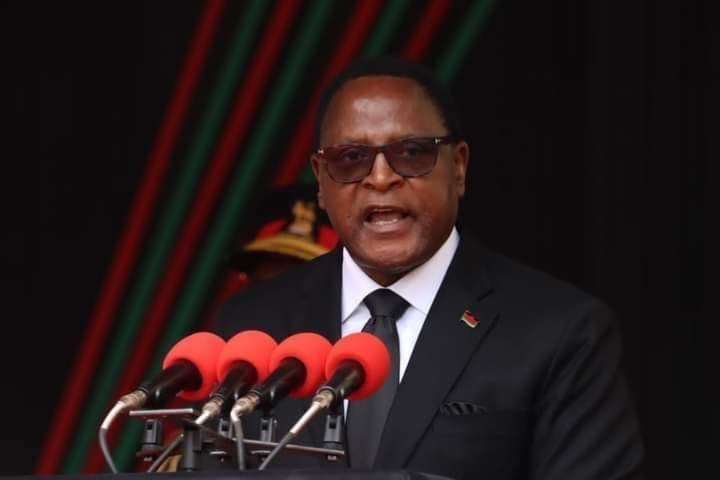Africa-Press – Malawi. In a bold and defiant stance, Reserve Bank of Malawi Governor Dr. Mafuta Mwale has outright rejected a fresh proposal from the International Monetary Fund (IMF) to once again devalue the Malawian Kwacha—calling the advice a reckless prescription that has already wreaked havoc on millions of lives.
This comes after an IMF mission led by Justin Tyson wrapped up its 2025 Article IV consultation in Malawi with a predictable parade of recycled recommendations: tighter fiscal screws, soaring interest rates, and yet another currency devaluation. But this time, Malawi’s central bank isn’t having it.
Dr. Mwale, visibly frustrated, pointed to the devastating aftermath of the 44% Kwacha devaluation in 2023—a move originally demanded by the IMF itself. “That devaluation didn’t rescue the economy—it buried Malawians alive under a mountain of unbearable costs,” he said. “We won’t sacrifice livelihoods on the altar of IMF orthodoxy again.”
The IMF’s visit was punctuated by dire assessments and finger-wagging lectures: soaring inflation, a swelling current account deficit, collapsing foreign reserves, and unrelenting food insecurity. But while the IMF diagnoses Malawi’s ills with dramatic flair, its prescriptions reek of economic colonialism—forcing the country to adopt policies that serve foreign creditors, not local citizens.
The IMF report paints a picture of a nation stumbling under the weight of macroeconomic mismanagement. Real GDP growth slid to 1.8% in 2024. Inflation remains stubbornly high. Foreign exchange shortages choke business operations. But nowhere does the Fund acknowledge its own fingerprints on this disaster. The last time Malawi listened, prices skyrocketed, imports became unaffordable, and ordinary people paid the price.
In typical fashion, the IMF insists the Kwacha is “overvalued,” claiming the wide gap between official and parallel exchange rates distorts the economy. But what they fail to admit is that it was their own rigid currency demands that fueled this dual-market madness. Now, they want another devaluation—as if torching people’s savings once wasn’t enough.
Their so-called “reform roadmap” reads like a broken record: raise taxes, shrink spending, cut subsidies, liberalize everything. Yet even as they preach austerity, they offer no plan to shield the poor from the shockwaves. Over 20% of Malawians face acute food insecurity, and inflation is projected to average a crippling 29% this year. Still, the IMF keeps pushing abstract balance sheets over human survival.
Dr. Mwale isn’t buying it. He knows the real-world consequences of blind allegiance to IMF orthodoxy: empty shelves, collapsing businesses, hungry families. Instead, he supports a “homegrown reform program” that puts Malawians first, not Washington bureaucrats or European bondholders.
The IMF’s arrogance is most striking in its political tone-deafness. With general elections looming in September, the Fund warns of “political-economy constraints to macroeconomic adjustment,” as if democratic accountability is an obstacle, not a foundation, of economic policy. They want reform by fiat—not consent.
Yes, Malawi has economic problems—some homegrown, others global—but doubling down on the very policies that helped cause them is madness. What the country needs is stability, not shock therapy. What it needs is patience, not panic. What it needs is sovereignty, not structural adjustment by stealth.
Dr. Mwale’s rejection of further devaluation is more than just a policy disagreement. It’s a declaration of economic independence. At last, a Malawian official is standing up to the IMF with the courage to say: enough is enough.
For More News And Analysis About Malawi Follow Africa-Press






